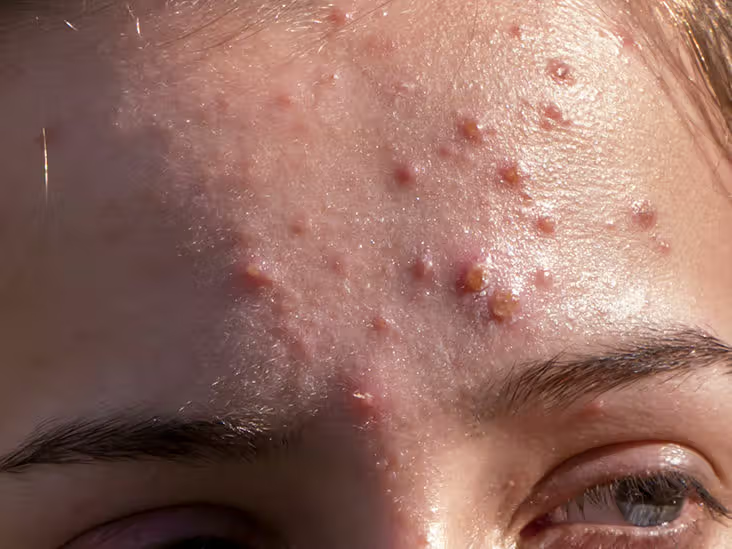
Negative Influences Disturb Relaxation
Conscious relaxation is encouraged as a practice by all therapists as the basis for any subsequent healing techniques and modalities. The best results are experienced when all potentially negative influences are eliminated.
It is easy to understand that stress is our enemy and that relaxation will prove our salvation in helping us become free of symptoms of discomfort. However, to derive the most benefit from our periods of conscious relaxation practice, we must observe several essentials.
We are hypersensitive when we are undergoing the process of relaxation – lying on the floor and in a defenseless attitude with our eyes shut. Traditionally, each person has a mat to lie on. It represents our temporary private place or ‘home’. We must feel confident in our guide and our surroundings. Otherwise, no technique or outside suggestion will work for us. Sudden noises, loud sounds, rock music, telephone rings, electronic beeps, or the heavy drone of traffic can all make us suffer a degree of shock when we are surrendering to the wonderful state of relaxation. If it should not prove possible to defend completely against unexpected sound, we can use auto-suggestion to condition ourselves to disregard it. The therapist or guide will always refrain from touching a student and will avoid intruding on a student’s space unless some light contact is essential to draw their attention for some important reason. Usually, the quietly modulated voice of the teacher is sufficient. Some people find their relaxation period tainted by their concerns about the time. Others worry that in a class they will fall asleep and suffer embarrassment. Some will be physically uncomfortable – and that is why it is worthwhile to take extra time in preparation to ensure a fine degree of comfort and this includes suitable clothing. Shoes are always best removed. Sometimes pillows are used as an aid.
Creating a Comforting Atmosphere
Those who tend to feel sensitive to cold are best to be lightly covered with a light mohair rug. Some of us are hypersensitive to industrial smells, and chemical odors. If this is the case, then we can use perfumed incense or essential oils in very discreet amounts in a group situation, as even perfumes pleasant to us may not be a relaxing influence on another. Ill-placed lights or lamps can intrude with irritating light. Half-light or a shaded atmosphere is best. Unfortunately, practice in the open air is somewhat of a challenge. It is achieved well enough for short periods when we sunbake at the beach. But as such opportunities for many of us are few, and flies, mosquitoes, ants, and numerous insects abound to make their presence known to us in our outdoor parks and gardens, we have to compromise and modify what may be our ultimate desire to be out of doors to experience complete attunement to nature.
Despite all the efforts of a guide to make the experience of relaxation a pleasant one, there may remain only one barrier to overcome and this is a common tendency for us to feel self-conscious when in a group. It is therefore important to practice in a congenial atmosphere with sympathetic friends or fellow students until you can create your ideal environment in the privacy of your own home.


